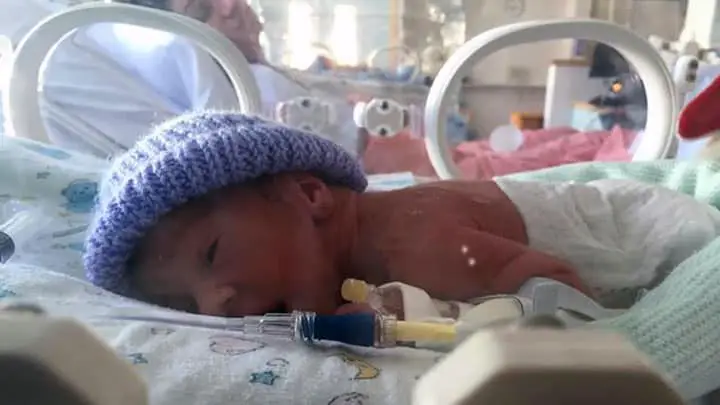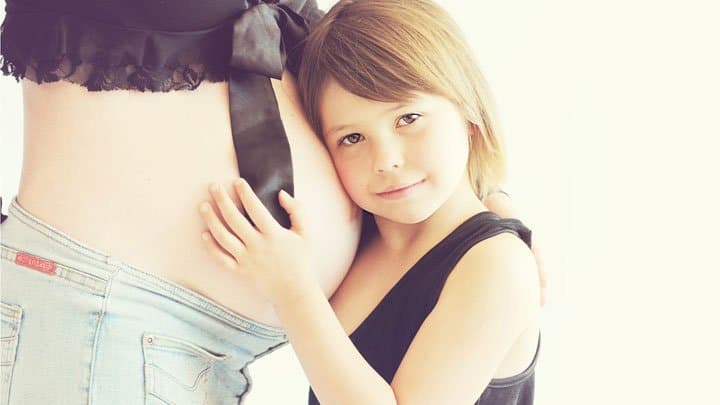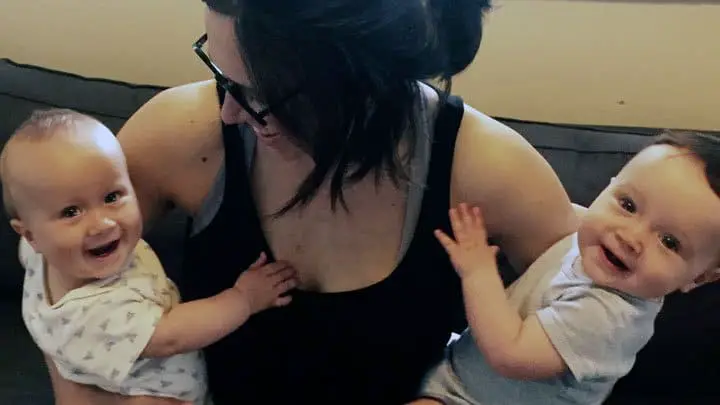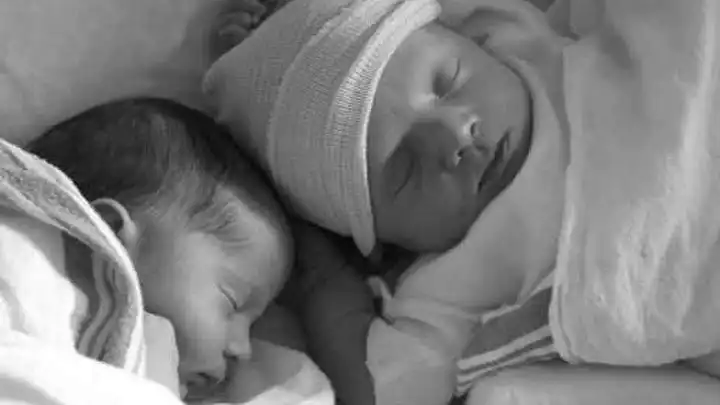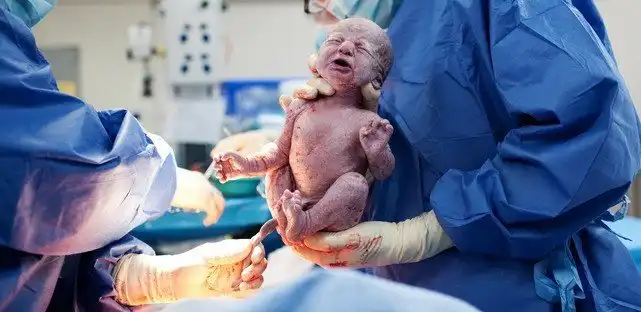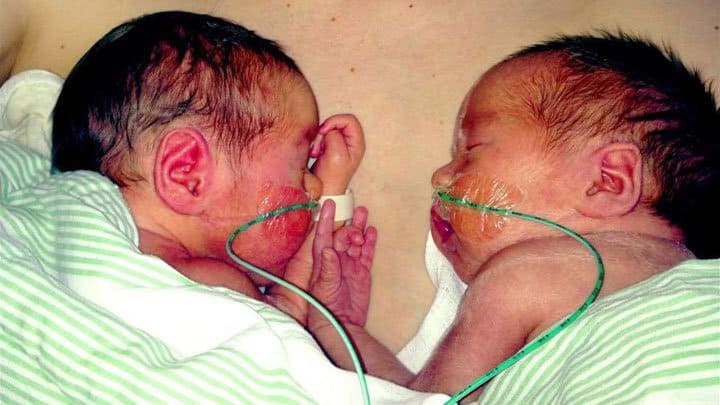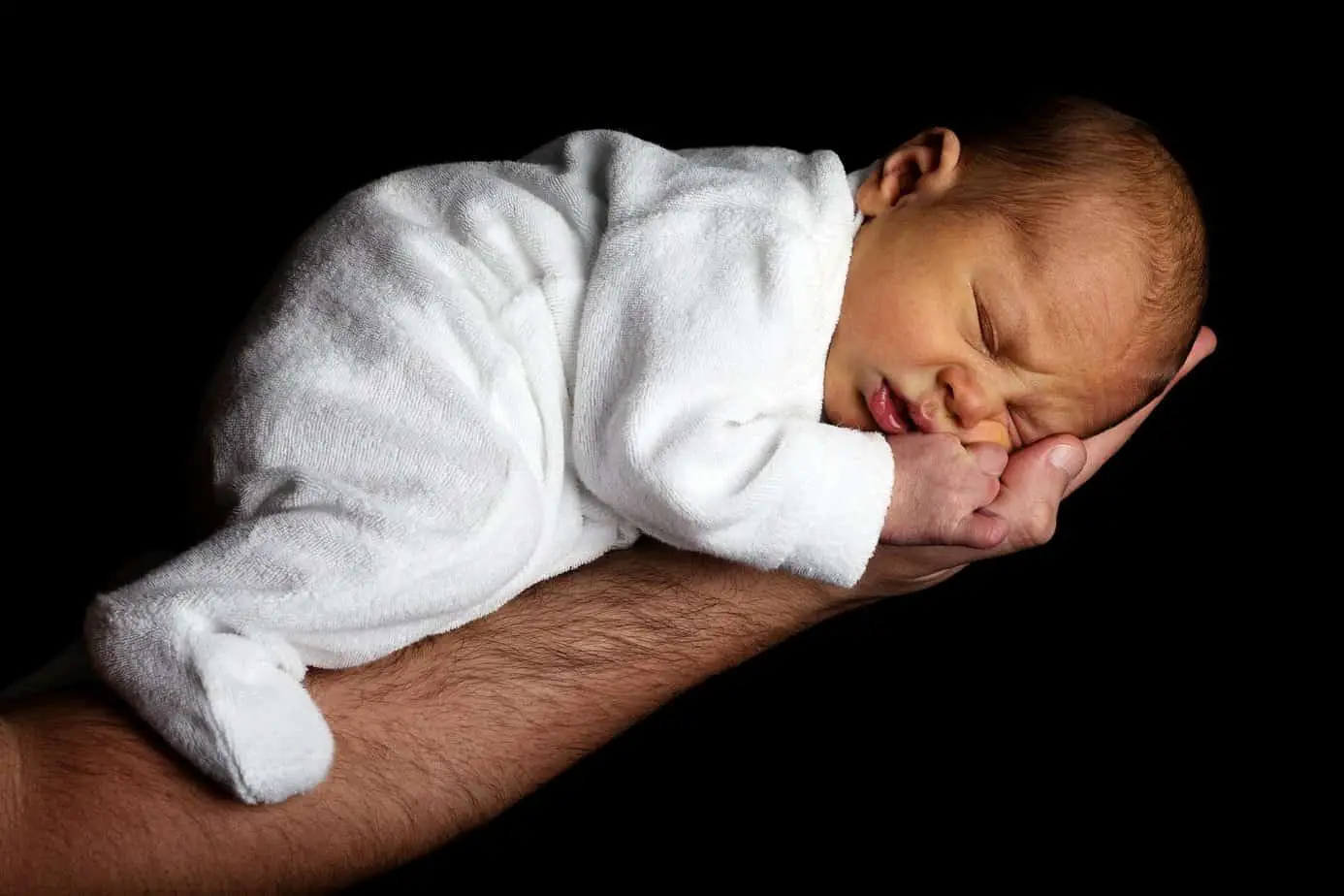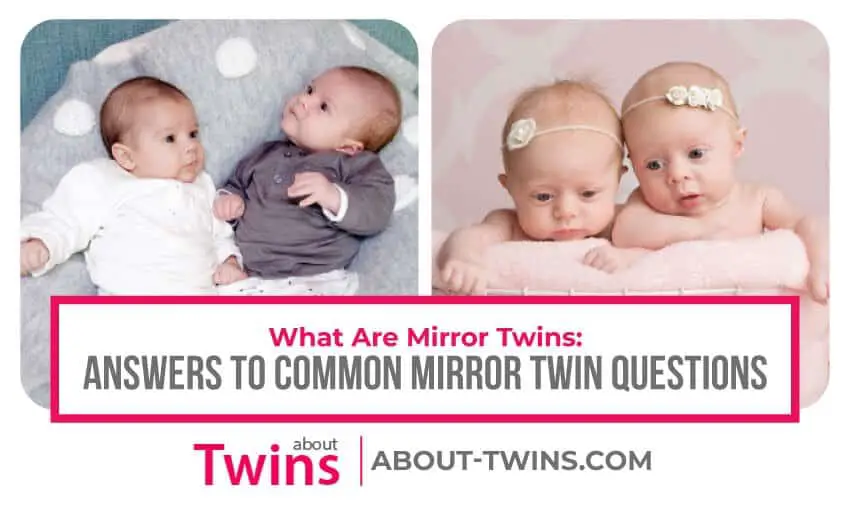IVF-conceived twins are more likely to be born preterm
IVF-conceived twins have a significantly higher risk of spontaneous preterm birth. This was the conclusion of a new retrospective cohort study published in the Journal of Maternal-Fetal & Neonatal Medicine.* The women, who participated in the study, were all identified when having their routine second trimester fetal ultrasound. A total of 660 women participated in the study. They were all expecting di-di twins. Di-di twins have their own separate inner and outer sac and each have a placenta. All fraternal twins are di-di twins and about one third of all identical twins.
*The Journal of Maternal-Fetal and Neonatal Medicine is the official journal of The European Association of Perinatal Medicine, The Federation of Asia and Oceania Perinatal Societies and The International Society of Perinatal Obstetricians.
Spontaneous onset of labor
158 were IVF-conceived pregnancies, and 510 were spontaneously-conceived pregnancies. None of the women received progesterone, pessary or cerclage for preterm birth prevention during pregnancy. The results showed that IVF-conceived twins had a significantly higher risk of spontaneous preterm birth before 34 weeks. They also had a higher rate of delivery due to spontaneous onset of labor. IVF-conceived twins were born about one week earlier on average, compared with spontaneously-conceived twins.

